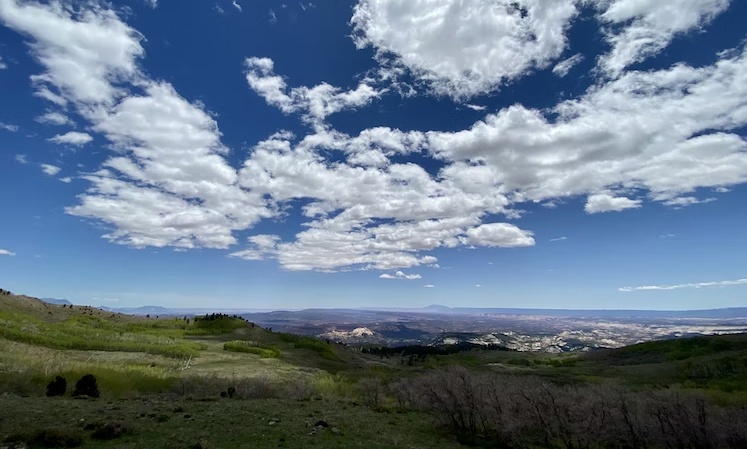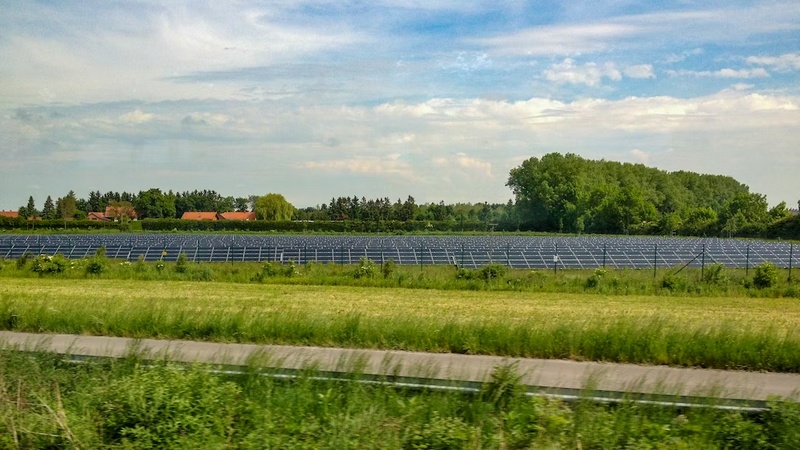December 8 NEC Energy News
¶ “BLM Announces Geothermal Lease Sale In Southwestern Utah” • The Bureau of Land Management proposes to offer two geothermal lease sale parcels in Millard County, Utah, totaling about 3,045 acres. The land is in the Fishlake National Forest, where the BLM Fillmore Field Office manages the subsurface minerals. [Renewable Energy Magazine]

¶ “India Announces Plans To Build More Nuclear Power Plants” • The Indian government has said it intends to build more nuclear power plants to boost the country’s clean energy generation. Ten pressurised heavy water reactors are planned to be built over the next three years, each with a capacity of 70 MW, so the total capacity will be 700 MW. [Power Technology]
¶ “Solar Power Will Beat Out Coal In Three Years, IEA Predicts” • An IEA report predicts that over the next five years, the world will increase its renewable power capacity by 75%, an amount equivalent to all of today’s installed power capacity in China. By 2027, the biggest source of the world’s electricity will be solar, followed by coal, natural gas and wind. [MSN]
¶ “Renewables Providers To Be Paid To Ensure Stable Electricity Supply” • In Australia, the Federal and state-level governments have unanimously signed on to developing an energy “capacity mechanism” to pay renewable energy providers to be available to increase electricity supply at a moment’s notice, providing dispatchable renewable power. [ABC]

¶ “Five Companies Will Pay $750 Million For The Opportunity To Build Huge Floating Wind Turbines Off The West Coast” • The Biden administration’s first offshore wind energy lease sale for federal waters off the West Coast generated over $750 million, as energy companies competed for five areas that could be made homes to massive floating wind turbines. [CNN]
¶ “More Americans Are Moving Into Harm’s Way As Climate Disasters Increase” • A study by researchers from the University of Vermont found that Americans have moved out of some areas prone to scorching summer heat waves and hurricanes in the last ten years. Yet many are migrating into regions hit by extreme wildfires, heat, and worsening drought. [CNN]
For more news, please visit geoharvey – Daily News about Energy and Climate Change.
